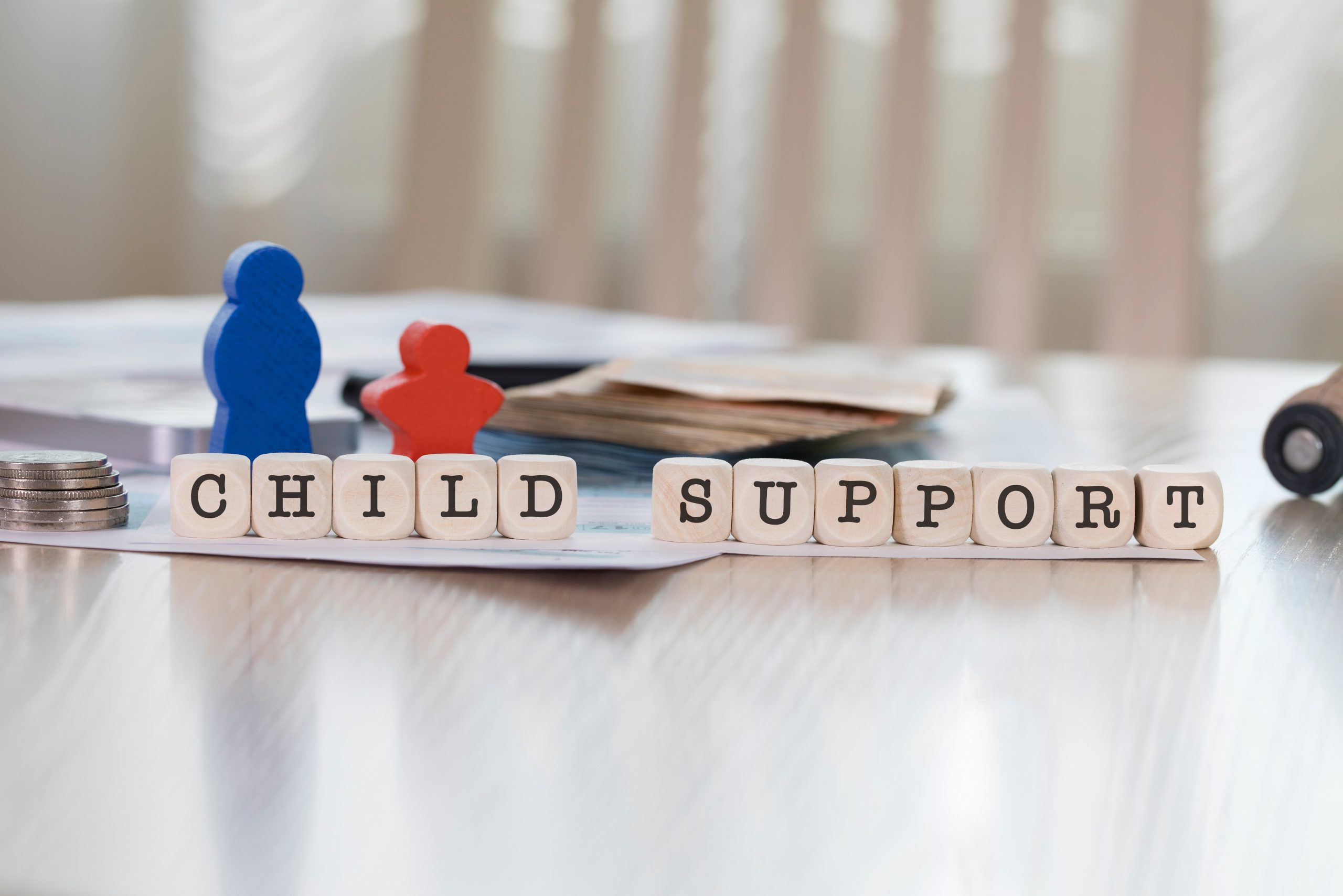The 10 most common child maintenance questions
It can be an extremely difficult time when divorcing or separating from your partner, especially when you have children together. A key issue is ensuring that your children are financially provided for. Below are 10 of the most commonly asked questions regarding child maintenance, to help you navigate this financial minefield.
What is child maintenance?
Child maintenance refers to the amount payable by one parent to another to cover some or all of their child or children’s needs. The parent who pays the maintenance is considered the ‘non resident’ parent and the parent who receives the maintenance is considered the ‘resident’ parent. The resident parent is the parent who has care of the child or children for most of the time.
Child maintenance is payable regardless of whether the non-resident parent is having contact with the children. If your ex-partner is withholding contact with your children from you, then this is a separate issue which we are able to assist you with.
Can we agree child maintenance or what happens if my ex-partner refuses to cooperate?
In the event that you and your ex-partner are able to have constructive discussions regarding child maintenance and that you reach an agreement between yourselves, no further action would be required (as long as you both remain happy with the agreement you have reached).
The agreement should cover: (1) the amount of child maintenance payable, (2) how and when the payments will be made and (3) an agreed date to review the maintenance payments.
If an agreement cannot be reached or you are uncertain what you are entitled to receive, then you can use the government scheme, the Child Maintenance Service, which calculates the necessary payments. Further details regarding this can be found below.
In the event that a parent lives outside of the UK or has a high salary, or there are additional costs such as school fees, then it may be that you require further advice regarding an application to Court to decide the amount of child maintenance payable or for further ‘top up payments’.
What is the Child Maintenance Service?
The main body that governs the payment of child maintenance is the Child Maintenance Service (CMS). Between March 2022 to March 2023, the CMS received around 130,000 new applications for child maintenance. In the UK, around 910,000 children are covered under CMS arrangements. They outlined that a child for the purpose of maintenance payments constitutes:
Anyone who is under 16 years old; or
Someone between 16 to 20 years old, who (1) is not or has never been married or in a civil partnership, and (2) is in full-time non-advanced education.
The CMS will then calculate the amount of maintenance that the resident parent is entitled to receive.
How much is child maintenance per month in the UK?
If an assessment is made by the CMS, they will find out the non-resident parent’s yearly gross income from the information supplied by HMRC.
They will also check whether the non-resident parent is in receipt of any benefits.
The next step is the CMS will check for factors which could impact the gross income, such as pension payments or if the non-resident parent has any other children that they currently support.
Following any deductions, the CMS will then convert the yearly gross income into a weekly figure.
| Gross weekly income | Rate | Weekly amount |
|---|---|---|
| Unknown or not provided | Default | £38 = 1 child £51 = 2 children £64 = 3 children or more |
| Below £7 | Nil | £0 |
| £7 to £100 Or if in receipt of benefits | Flat | £7 |
| £100.01 to £199.99 | Reduced | Calculated using a formula |
| £200 to £3,000 | Basic | Calculated using a formula |
If the parent’s gross weekly income is more than £3,000, then you can make an application to Court for additional child maintenance. To get an accurate calculation, you can use the Child Maintenance Calculator on the GOV UK website.
Is child maintenance compulsory in the UK?
If the non-resident parent refuses to pay child maintenance, then the CMS can apply to the courts for a ‘liability order’. This order essentially legally recognises that there is a debt payable and legally authorises the CMS to take action by:
Instructing bailiffs to attend your property and remove belongings to the value of the unpaid amount.
Freeze your bank / building society account.
Request that the Land Registry put a ‘charging order’ against you.
Force the sale of a property / asset you own for the amount due.
In the event that the non-resident parent continues not to comply with the child maintenance payments, the CMS can apply to the courts to cancel your driving licence / UK passport and you could be sent to prison for up to six weeks. In any event, you would still be required to repay the outstanding amount.
Do fathers legally have to pay child maintenance?
This can be considered quite an antiquated question, as it implies a presumption that it is only fathers that have to pay child maintenance, when this is not always the case.
A child’s father will only need to pay child maintenance where they are the non-resident parent. If a child lives with their father, then he would be entitled to claim child maintenance from the child’s mother, provided that she does not live in the family home.
Am I required to pay child maintenance when I have shared custody of our child?
Even if your children share their time equally between you and your ex-partner, you may still be required to pay or receive child maintenance.
If both parents equally share care of their children, then the CMS will consider which parent is the primary carer, by looking at such things as who is registered to receive child benefit from HMRC. The parent who is not registered would then be deemed as the paying parent.
Once the CMS has calculated the paying parent’s gross income, they will then make a deduction for the amount of time the children spend with the paying parent:
| Number of nights of shared care (per year) | Reduction to child maintenance (for each child with shared care) |
|---|---|
| 52 – 103 nights | 1/7th |
| 104 – 155 nights | 2/7ths |
| 156 – 174 nights | 3/7ths |
| 175 nights or more | ½ (50%) plus an extra £7 a week reduction for each child in this band |
Do I have to pay child maintenance even though my ex-partner is working and/or earning more than me?
Child maintenance remains payable regardless of your ex-partner’s circumstances, as this payment is to cover your children’s living costs. It is important to remember that child maintenance is a separate issue from spousal maintenance when separating.
In the event that there is a change to the non-resident parent’s situation, for example if their income has reduced/increased or they have another child which they care for, then they can request a re-assessment from the CMS, to reflect their updating circumstances.
Can I claim child maintenance even though I want to keep my details confidential?
If you have been a victim of domestic abuse from your children’s other parent, then you can make a claim through the CMS without having any form of contact with the non-resident parent.
The CMS are able to keep your contact information, such as your address, telephone number and email address confidential from your ex-partner. The CMS can also send you information regarding how to request your bank to set up an account with a ‘non-geographic’ sort code, so that your address cannot be traced.
If your ex-partner becomes abusive or their behaviour begins to escalate, then you may require further advice regarding protective applications you can make to Court. It is important to contact the police in the first instance, if you are ever concerned about your welfare.
How can E J Coombs help me with my child maintenance issues?
If you are considering whether to separate or divorce your ex-partner and you are concerned regarding your financial situation or what you would be entitled to, then we are able to assist.
Please call one of our offices or email enquiries@ejcoombs.co.uk and speak to one of our experienced specialist family lawyers.




